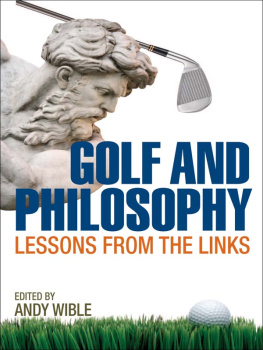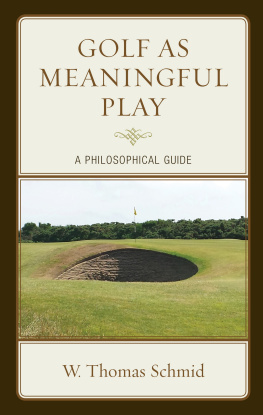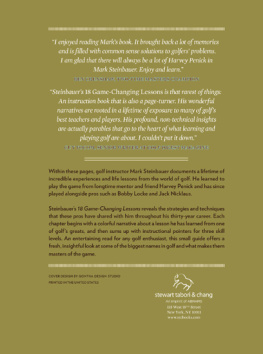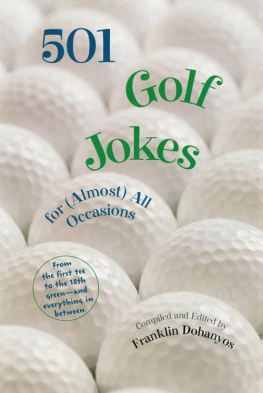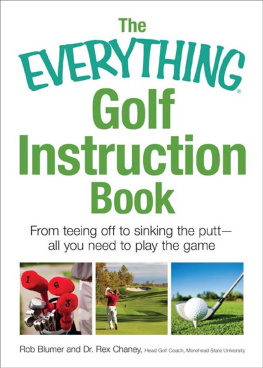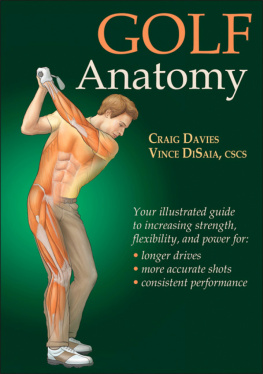THE PHILOSOPHY OF POPULAR CULTURE
The books published in the Philosophy of Popular Culture series will illuminate and explore philosophical themes and ideas that occur in popular culture. The goal of this series is to demonstrate how philosophical inquiry has been reinvigorated by increased scholarly interest in the intersection of popular culture and philosophy, as well as to explore through philosophical analysis beloved modes of entertainment, such as movies, TV shows, and music. Philosophical concepts will be made accessible to the general reader through examples in popular culture. This series seeks to publish both established and emerging scholars who will engage a major area of popular culture for philosophical interpretation and examine the philosophical underpinnings of its themes. Eschewing ephemeral trends of philosophical and cultural theory, authors will establish and elaborate on connections between traditional philosophical ideas from important thinkers and the ever-expanding world of popular culture.
Series Editor
Mark T. Conard, Marymount Manhattan College, NY
Books in the Series
The Philosophy of Stanley Kubrick, edited by Jerold J. Abrams
Football and Philosophy, edited by Michael W. Austin
Tennis and Philosophy, edited by David Baggett
The Philosophy of the Coen Brothers, edited by Mark T. Conard
The Philosophy of Film Noir, edited by Mark T. Conard
The Philosophy of Martin Scorsese, edited by Mark T. Conard
The Philosophy of Neo-Noir, edited by Mark T. Conard
The Philosophy of Horror, edited by Thomas Fahy
The Philosophy of The X-Files, edited by Dean A. Kowalski
Steven Spielberg and Philosophy, edited by Dean A. Kowalski
The Philosophy of the Western, edited by Jennifer L. McMahon and B. Steve Csaki
The Philosophy of Science Fiction Film, edited by Steven M. Sanders
The Philosophy of TV Noir, edited by Steven M. Sanders and Aeon J. Skoble
Basketball and Philosophy, edited by Jerry L. Walls and Gregory Bassham
Copyright 2010 by The University Press of Kentucky
Scholarly publisher for the Commonwealth, serving Bellarmine University, Berea College, Centre College of Kentucky, Eastern Kentucky University, The Filson Historical Society, Georgetown College, Kentucky Historical Society, Kentucky State University, Morehead State University, Murray State University, Northern Kentucky University, Transylvania University, University of Kentucky, University of Louisville, and Western Kentucky University.
All rights reserved.
Editorial and Sales Offices: The University Press of Kentucky
663 South Limestone Street, Lexington, Kentucky 40508-4008
www.kentuckypress.com
14 13 12 11 10 5 4 3 2 1
Library of Congress Cataloging-in-Publication Data
Golf and philosophy : lessons from the links / edited by Andy Wible.
p. cm.
Includes bibliographical references and index.
ISBN 978-0-8131-2594-7 (hardcover : alk. paper)
1. GolfPhilosophy. 2. Sportsmanship. I. Wible, Andy.
GV967.G566 2010
796.35201dc22 2010024571
This book is printed on acid-free recycled paper meeting
the requirements of the American National Standard
for Permanence in Paper for Printed Library Materials.

Manufactured in the United States of America.

Member of the Association of
American University Presses
ACKNOWLEDGMENTS
At age fourteen, I was asked what I wanted to do when I grew up. My response was that I wanted to be a golf pro. I had just fallen in love with the game, and the idea of playing it the rest of my life sounded ideal. I had heard Fuzzy Zoeller once say that he was a lucky man because he never had a job. He simply played golf. Like Fuzzy, I didn't want a real job, because most people I knew hated their work. They lived for vacation: they lived to play golf.
Later on, in high school, I realized two important things. First, my skills and mental aptitude for golf were limited. My ability to hit a long, straight drive was suspect, and my talent for choking under pressure was keen. Second, I noticed that teaching golf professionals usually didn't get to play much golf. Though their services are essential to the game, they mainly watched other people practice and play. Such a life seemed more like torture than doing what I loved.
Fortunately, we all have more than one occupational love in life, and I discovered that when I took a philosophy class in college. Philosophy was as mentally stimulating as golf and didn't require the fine motor skills. Twelve short years of college and I do finally have a job that I love. I am lucky to spend my days teaching and writing philosophy. This project has thus been a double joy, bringing together two loves of my life.
Thankfully, many who are attracted to golf are also attracted to philosophy, so I have had an immense amount of help putting this project together. I first want to thank the chapter contributors. They have kindly put up with my timelines and suggestions throughout the process, and their diverse insights and penchant for the game are thoughtfully displayed on every page. I would additionally like to thank Blair Morrissey; Richard Doctor; David Baggett; Tom Maloy; Jim Reynolds; Chris Lubbers; Patrick Lin; Sue Meeuwenburg; Bob Ferrentino; Robert Simon; the series editor, Mark Conard; my brother, Paul; my mother, Nancy; my partner, Oliver Songlingco; the anonymous reviewers of the manuscript; and many others for giving helpful suggestions and encouragement throughout the process. The editing and formatting expertise of Dana Troutman also saved me much agony.
Working with the University Press of Kentucky has been a delight. Anne Dean Watkins in particular has been wonderful, offering suggestions and promptly answering my incessant questions.
A final note of thanks goes to my father, Dan, and my grandfather Harry for introducing me to golf. I will always appreciate their companionship, competition, and lessons on the swing, manners, and life.
INTRODUCTION
W ARM-UP
A frequent comment about the eternal issues of philosophy is that everything is a footnote to the ancient philosophers Plato and Aristotle. Subsequent philosophers are simply clarifying and expanding their comprehensive consideration of the ultimate questions of humanity. So why write a book about golf and philosophy? Plato and Aristotle never played golf, so what is there to discuss? The short answer is that if Plato and Aristotle were alive today, they probably would be avid golfers. For at least a few hours a day, they'd change their togas and sandals for knickers and spiked sandals. Lovers of wisdom and the good life are lovers of golf.
In fact, given the chance, what most people really want to do is play golf. When stars retire from basketball, baseball, tennis, football, and other sports, they usually hit the pastures of the world's golf courses. Presidents, physicians, celebrities, CEOs, and philosophers commonly choose golf as their main recreational activity. Yet golf is not simply a sport of the rich, powerful, famous, and tenured. Thousands of public golf courses and driving ranges across the globe allow more than 61 million people to play golf. From Tokyo to Seoul to Sydney to Cape Town to Stockholm to Dubai, golf has emerged from the grazing fields of St. Andrews. The expansion of golf has been the greatest in the United States. The United States contains more than half of all golfers, hosts the most prestigious professional tour, and in the Ryder Cup and the President's Cup takes on much of the rest of the world. With the help of television, the world has watched great American icons like Arnold Palmer and Jack Nicklaus popularize golf for the world's masses, and has seen Tiger Woods reenergize and diversify the sport.

